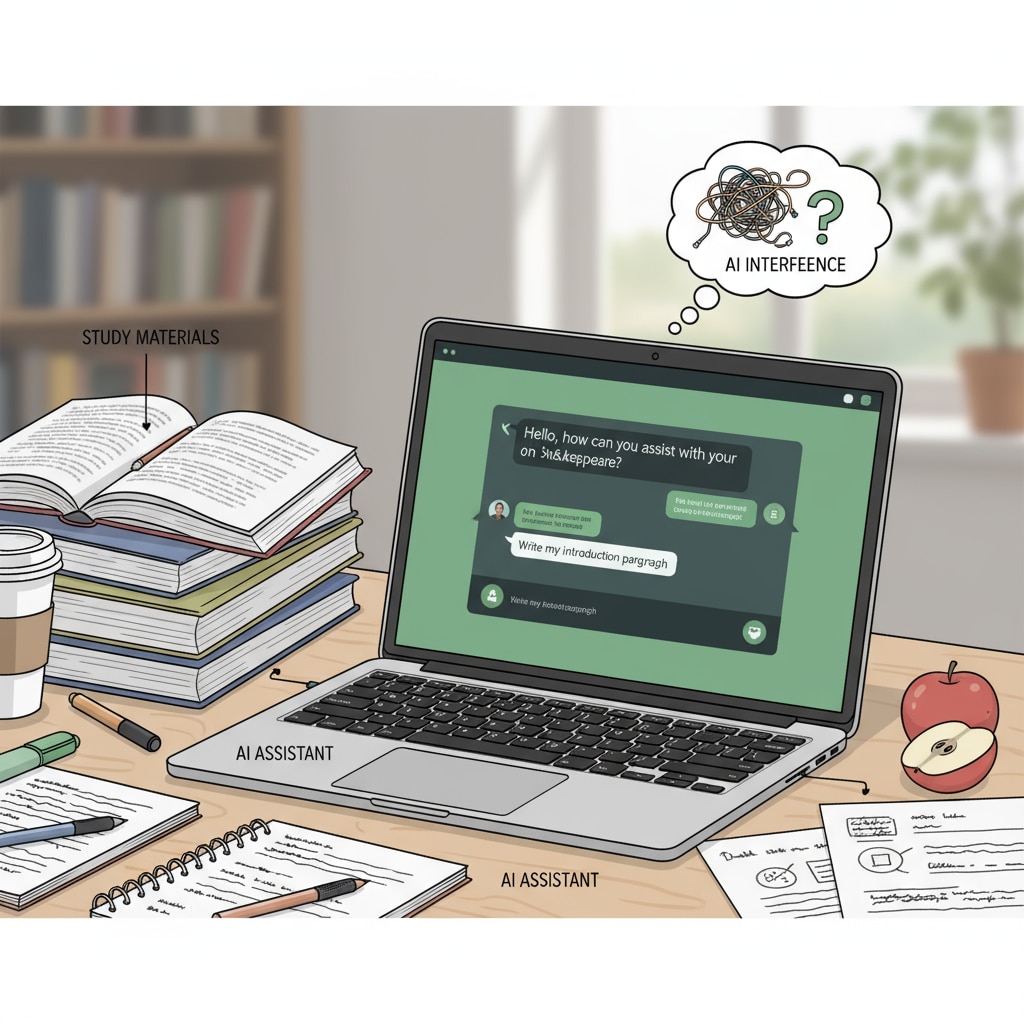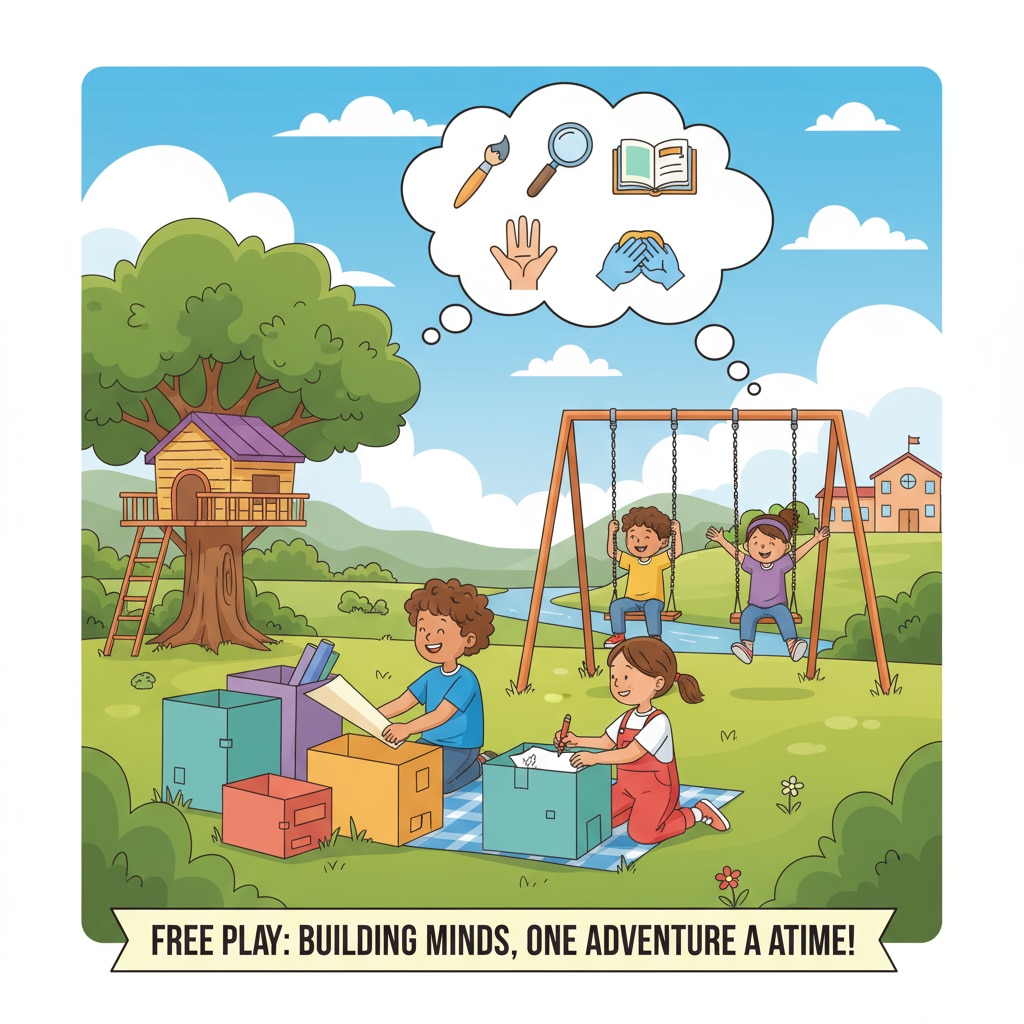The rapid spread of AI tools such as ChatGPT has revolutionized the landscape of student cheating, while simultaneously sparking a profound debate about the value of traditional homework in promoting child development. As technology continues to advance at an unprecedented pace, educators and parents are faced with a crucial decision: whether to persist in refining the existing homework model or to completely liberate children’s after-school time, allowing them more space for autonomous development.

The New Face of Student Cheating
The advent of ChatGPT and similar AI platforms has given rise to a new breed of student cheating. These tools can generate essays, solve math problems, and even answer complex questions with ease. For example, a student could input a history essay prompt into ChatGPT and receive a well-written response within minutes. This not only undermines the integrity of the educational system but also hinders the development of critical thinking and problem-solving skills that students should acquire through homework.
The Role of Homework in Child Development
Traditionally, homework has been seen as a vital component in a child’s educational journey. It reinforces concepts learned in school, helps students develop time management skills, and fosters self-discipline. However, in the era of AI, the effectiveness of traditional homework methods is being questioned. Is it still necessary to assign hours of written tasks when students can use AI to complete them? Or should we reimagine homework to better engage students and promote true learning?

One approach could be to design homework that is more resistant to AI cheating. For instance, educators could assign projects that require hands-on research, group work, or real-world application of knowledge. This would not only make it difficult for students to rely on AI but also enhance their practical skills and creativity.
On the other hand, proponents of reducing homework argue that excessive assignments limit children’s free time. Free time is essential for children to explore their interests, engage in physical activities, and develop social skills. By liberating children from the burden of endless homework, we may be able to foster a more well-rounded and happy generation.
Readability guidance: As we can see, the issue of student cheating with AI and the role of homework in child development is complex. We need to consider both the challenges posed by new technologies and the long-term benefits of different educational approaches. By carefully weighing these factors, we can make more informed decisions about the future of education.


